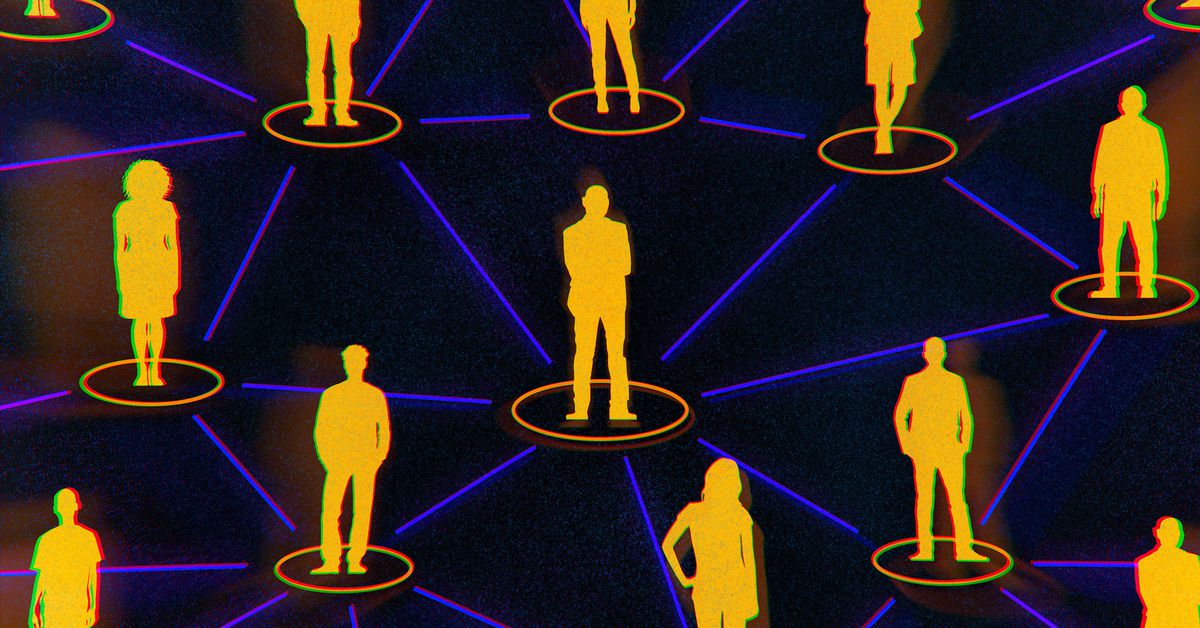People are uncomfortable with digital health tools used to control COVID-19
Source: The Verge added 19th May 2021Most people in the United States don’t want their digital data used to control the spread of COVID-19, a new study found. More than half of the people in the study remained wary of sharing their data in different scenarios, including a smart thermometer company sharing information with public health officials, or using the Google and Apple exposure notification app to track infections.
“I was surprised a bit about the degree of skepticism when the potential benefits are so high,” says study author David Grande, an associate professor of medicine at the University of Pennsylvania School of Medicine.
Grande and his team collected survey responses from 3,547 US adults during July 2020 about their attitudes toward the use of digital information to respond to the pandemic.
The survey asked whether or not they approved of using aggregated data pulled from social media to set health policies or contact people for COVID-19 testing. It asked whether they were okay with data from smart thermometers being used for either health policies or contact tracing. It asked about three versions of the Google and Apple exposure notification app: one where using the app and any data sharing with health officials is optional; a second where using the app is optional but it automatically shares data with health officials; and a third where the app is mandatory. Finally, it asked whether people approved of the use of cellphone data to enforce quarantine and identify people at high risk for COVID-19.
The lowest support was for monitoring social media to set health policies — only 28 percent of people approved or strongly approved of that scenario. The highest level of support was for a version of the Google and Apple exposure notification app where use was optional but information was shared with health officials, of which 43 percent of people approved or strongly approved.
Grande thinks people may be more interested in the exposure notification app than official use of social media data because they get a more direct benefit, even though it’s a more invasive tool. “Some of the other uses, people may think, ‘I’m contributing my data for the common good but how is it going to protect me as an individual?’” he says. A tool that was developed to tell people if they’ve been exposed to a virus may seem worth the trade-offs around privacy.
Still, that program only had explicit support from less than half of the people surveyed, even though the survey went out just as the country was coming out of the first wave of COVID-19 and lockdowns. “Everyone was facing massive disruption in their lives,” Grande says. “I thought that people would be more accepting.”
Having personal experience with COVID-19, like a family member getting the disease, didn’t impact people’s approval of these tools, the study found. Neither did living in an area with high rates of COVID-19. People who were politically conservative, though, were less likely to support the use of digital data to manage COVID-19 than people who were liberal.
In general, people tend to be worried when they start hearing about the collection and use of health data, Grande says. Their personal digital data might already be collected by companies and used for things like advertising, but it might not be as apparent — and they’re not asked direct questions about it. People also don’t realize that virtually all of the data collected by companies can be analyzed to infer things about health, like their mood or behavior.
“I suspect that if we ask people direct questions about many commercial uses of their data that are currently taking place, we would see much greater resistance to those,” Grande says. “It’s just that many of those other uses aren’t so visible to consumers.”
The results of the study show that if they want people to use digital tools, public health officials will have to underscore the privacy protections that they have in place, and point out the direct benefits for users. A large chunk of people who responded to the survey said that they neither agreed nor disagreed with the use of data in the various scenarios — a sign that they could be persuaded. If most of that group backed something like the exposure notification app, officials would have close to two-thirds of people in support, Grande says.
“Through effective policies and communication, I think we can convince people that — assuming that protections are in place — these are a good idea,” he says.
brands: Apple Area Direct Experience First Google It New One other Smart Team United WAS Wave media: 'The Verge' keywords: App Apple Google
Related posts
Notice: Undefined variable: all_related in /var/www/vhosts/rondea.com/httpdocs/wp-content/themes/rondea-2-0/single-article.php on line 88
Notice: Undefined variable: all_related in /var/www/vhosts/rondea.com/httpdocs/wp-content/themes/rondea-2-0/single-article.php on line 88
Related Products
Notice: Undefined variable: all_related in /var/www/vhosts/rondea.com/httpdocs/wp-content/themes/rondea-2-0/single-article.php on line 91
Warning: Invalid argument supplied for foreach() in /var/www/vhosts/rondea.com/httpdocs/wp-content/themes/rondea-2-0/single-article.php on line 91
